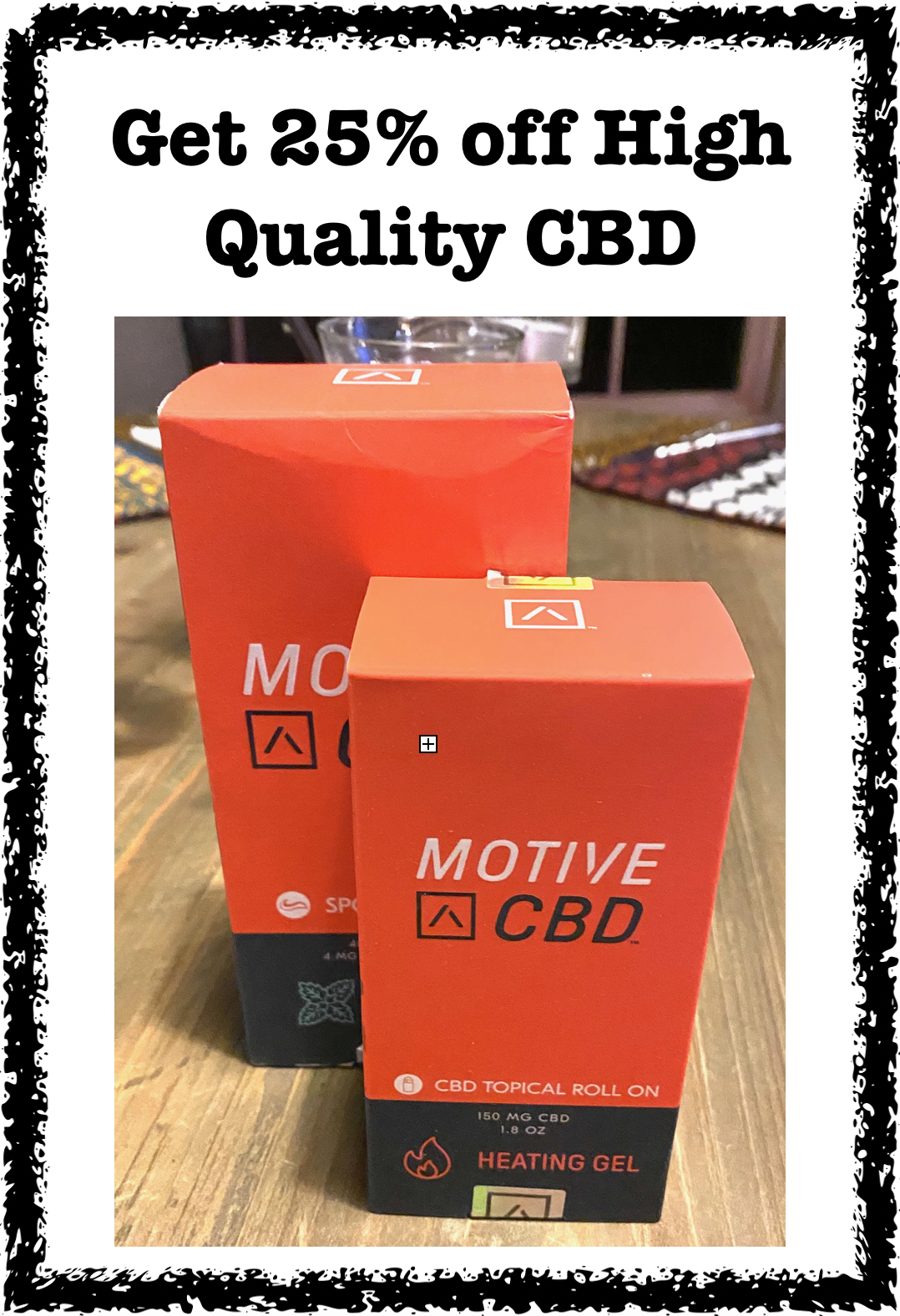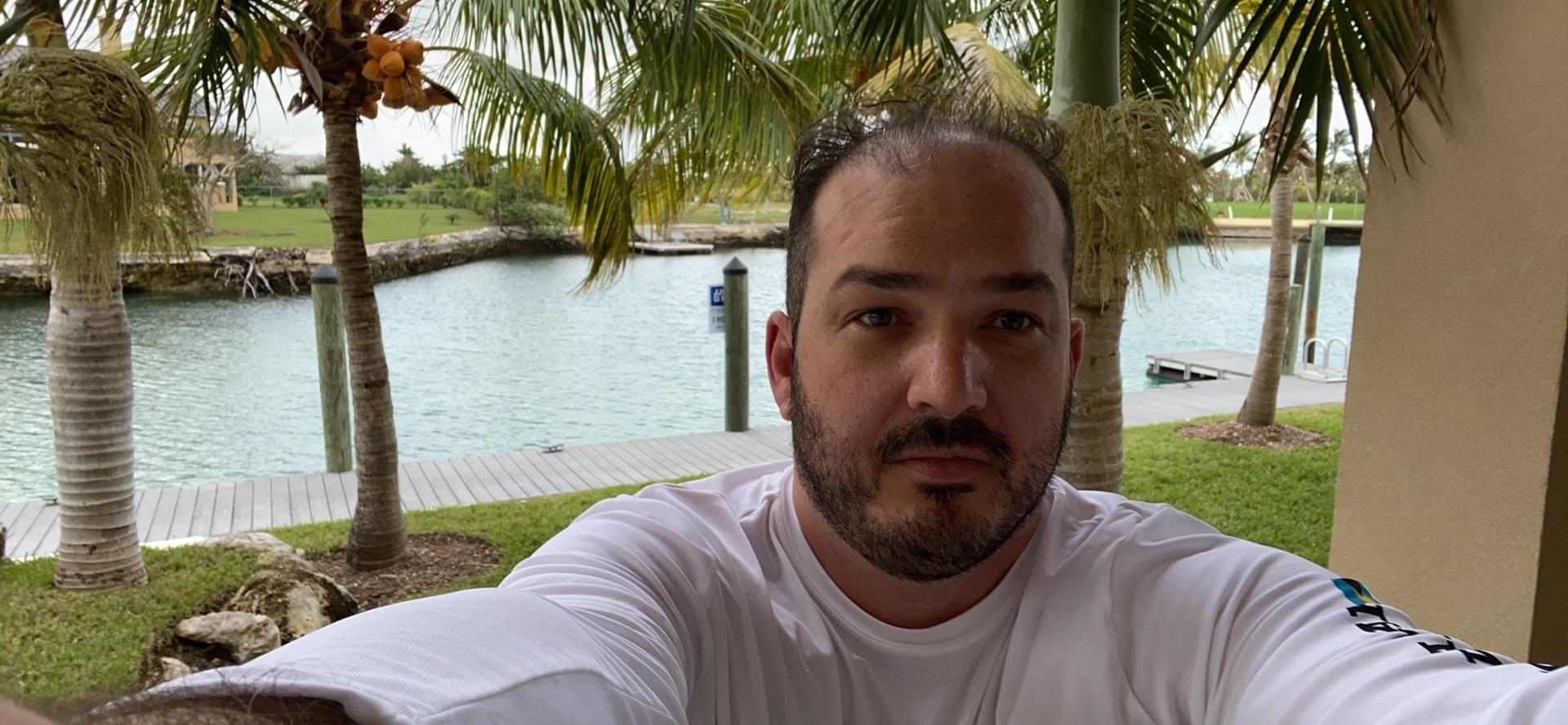Last month, the FDA issued warning letters to companies selling products containing cannabidoil, also known as CBD, using methods that are not in line with Federal Food, Drug, and Cosmetic Act (FD&C Act). The companies received letters that addressed the illegal marketing of unapproved CBD products claiming to treat specific medical conditions. One recurring issue among the companies in question included how the products are meant to be administered; nasal, ophthalmic and through inhalation. According to the FD&C Act, it is not acceptable to market CBD products as dietary supplements.
While representatives at the FDA claim to be open to the potential of CBD products, there is more to learn before making definitive claims as to what CBD does, especially with regard to consistent improvement in diseases and quality of life. The web has plenty of articles and videos of people who claim to have positive, even life changing, results. However, the research is playing catchup to the demand that has formulated in the last five years alone.
The FDA will often spend decades before coming to an official position on what information about a drug should be presented to the public. To claim that a product is a “drug,” meaning it is officially a product that can be consider for medical reasons, many hurdles must be crossed. Tests must be done that meet standards approved by the FDA. If such research has not yet been completed, then any medicinal claims are in violation of the FD&C Act.
In addition, the production standards of the companies making CBD should also be taken into account. The fact that CBD is legal, yet largely undefined with regard to the FDA, shows that CBD industry is currently in a state of limbo and uncertainty. Regarding production of CBD, two of the most important rules are:
1. To not market any CBD products as drugs. This means that you cannot make claims about the drugs ability to help or cure medical conditions.
2. To keep the THC levels in the CBD plants below 0.3%. The purpose of this rule is to keep the psychoactive component, Tetrahydrocannabinol (THC), to a minimum that will not get the consumer “high.”
Just as there are different levels of quality regarding beef, it should not be very surprising that there are different qualities of CBD products. One of the most popular ways to gauge the quality of a CBD product is through third party testing. Through third party testing, secondary companies look into the products and production. They report their findings, either good or bad. Companies who pass the standards of the testing companies consider it a badge or honor regarding their products quality.



